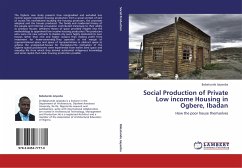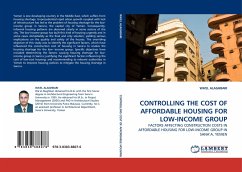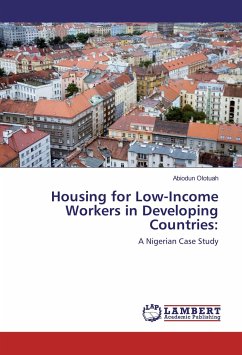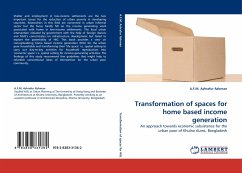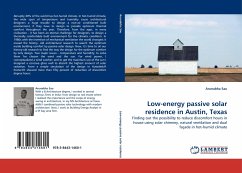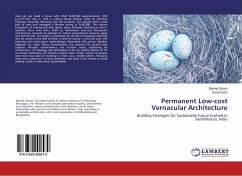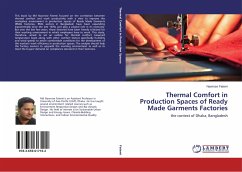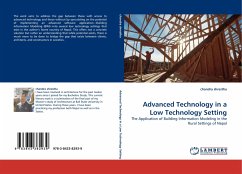The Ogbere case study presents how marginalised and excluded low income people negotiate housing production from a social context of lack of access.This necessitated studying the housing producers, the processes adopted and the houses produced. The family and residential history of the people and informal occupation contributed immensely to their ability to produce houses. Lefebvres theory of space provided insights into the methodology to apprehend low income housing production.The producers who were not new entrants to Ibadan city were highly motivated to own houses rather than rent and higher reasons than making profit from investment for home-ownership.They operated at the margin of representational space and space of representations in abstract space to achieve the unexpected-houses for themselves.The motivation of the Ogbere spatial practitioners were experiential from earlier lived space and everyday life from which they derived substantial indigenous knowledge and social capital that made housing production possible.
Bitte wählen Sie Ihr Anliegen aus.
Rechnungen
Retourenschein anfordern
Bestellstatus
Storno

